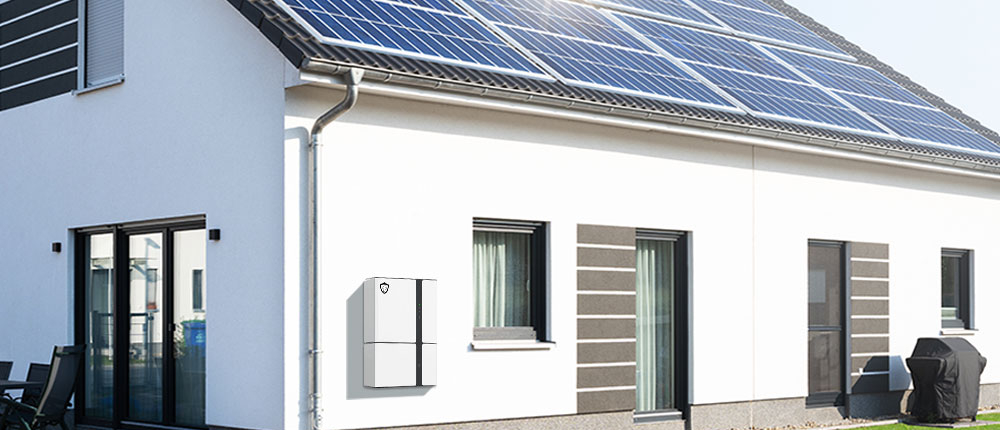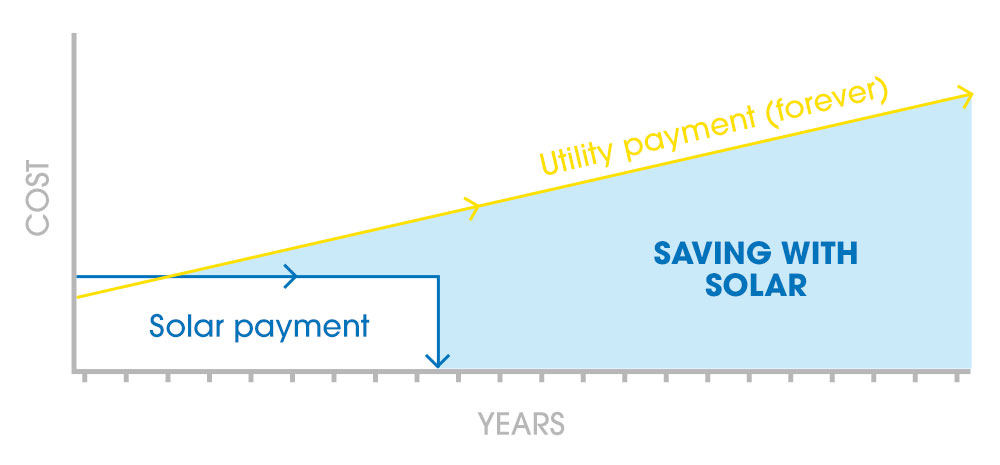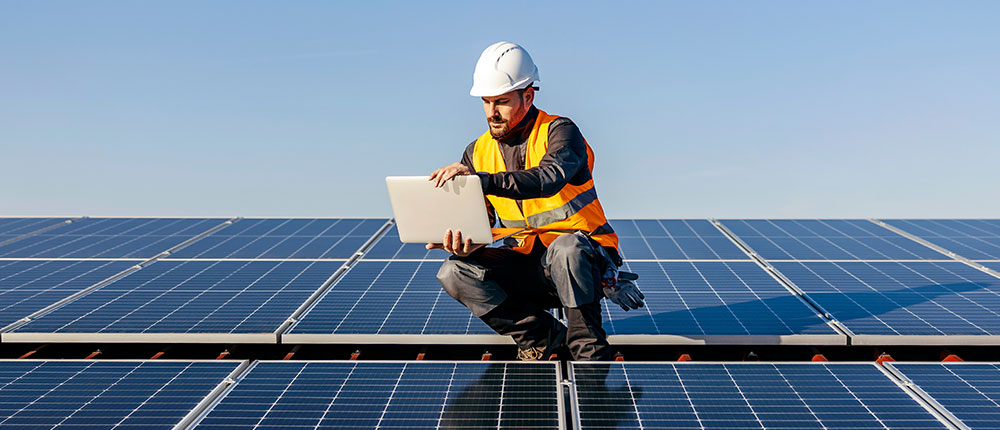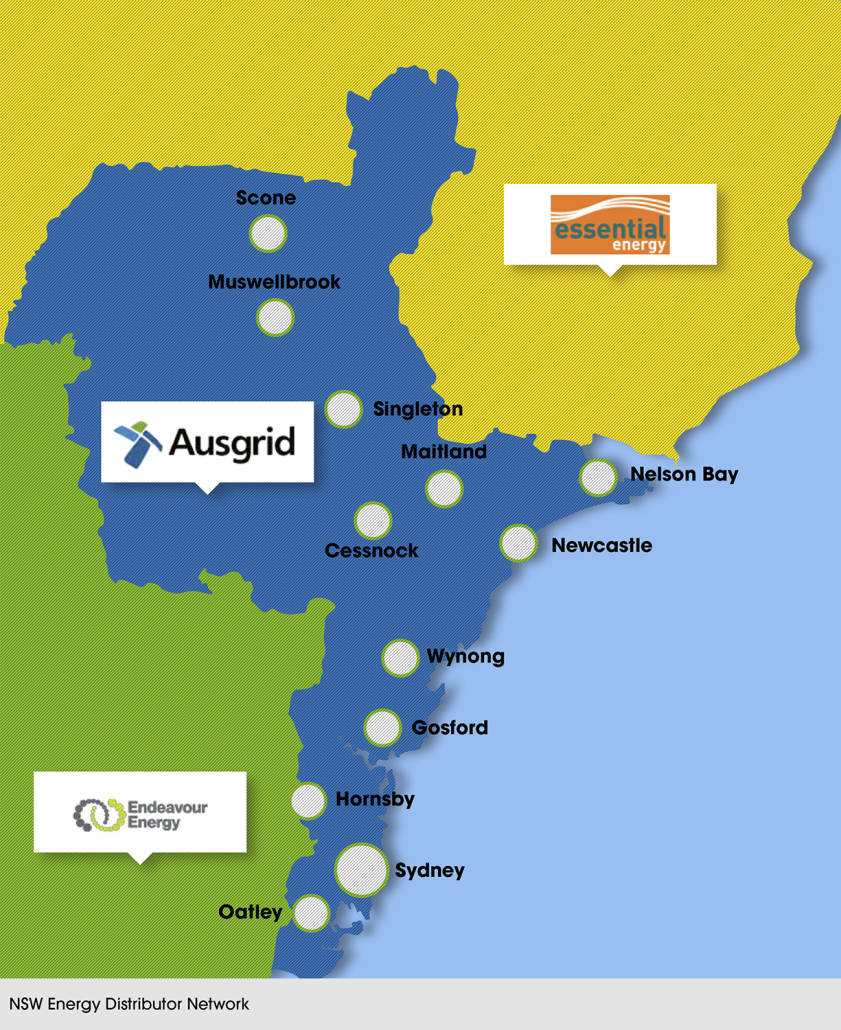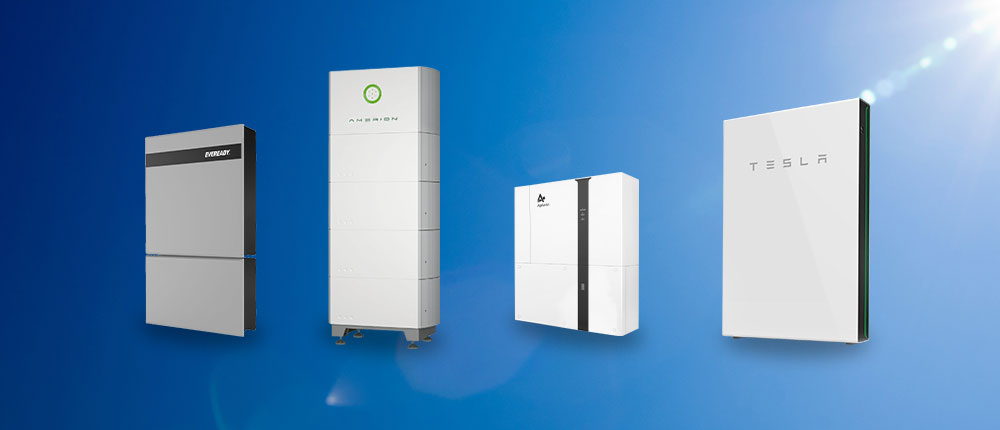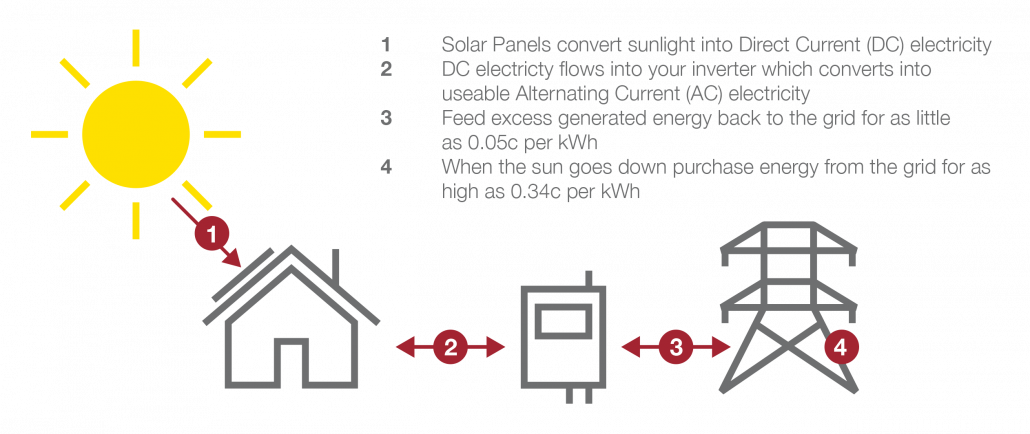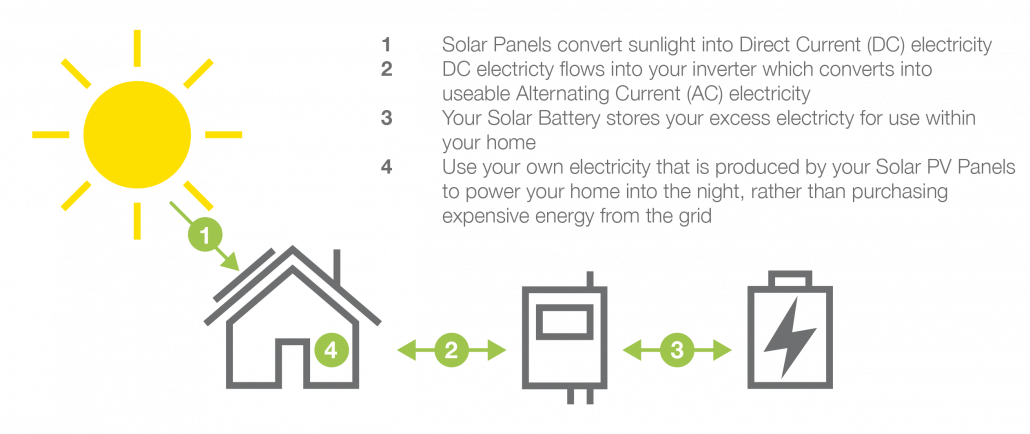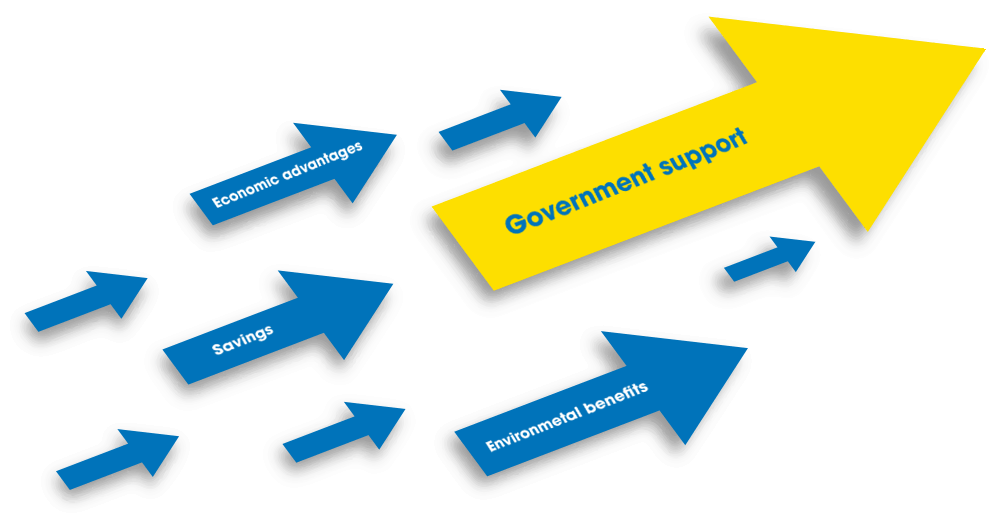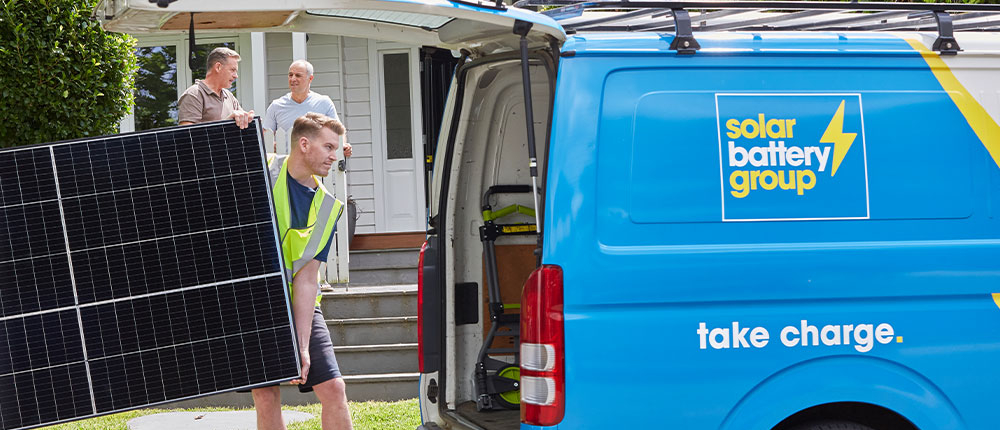As the world moves towards more sustainable and eco-friendly solutions, the future of home energy is increasingly leaning towards electric appliances powered by renewable energy sources.
For homeowners, this shift reduces carbon footprints, offers significant cost savings, and improves efficiency. In this blog, we’ll explore the benefits of switching your appliances to electric and how to make this transition seamless.
Many regions offer incentives and rebates for installing renewable energy systems, making the switch to electric appliances even more cost-effective.
Why Switch to Electric Appliances?
Environmental Impact
Reducing Carbon Footprint: Electric appliances powered by renewable energy sources, such as solar panels, significantly reduce greenhouse gas emissions. This helps combat climate change and promotes a healthier environment.
Sustainable Energy Use: By utilising solar energy, you ensure that your household energy consumption is both renewable and sustainable, reducing dependency on fossil fuels.
Cost Savings
Lower Energy Bills: Solar panels and batteries allow you to harness and store energy from the sun, which can then be used to power your electric appliances. This reduces reliance on the grid and lowers your electricity bills.
Government Incentives: Many regions offer incentives and rebates for installing renewable energy systems, making the switch to electric appliances even more cost-effective.
Improved Efficiency and Convenience
High Efficiency: Modern electric appliances are designed to be more energy-efficient than their gas or oil counterparts. Heat pumps, for example, can provide heating and cooling more efficiently than traditional HVAC systems.
Smart Technology Integration: Electric appliances often come with smart technology features that allow you to monitor and control your energy usage more effectively, leading to further savings and convenience.
Key Products for an Electric Home
Solar Panels
Harness Renewable Energy: Solar panels capture energy from the sun and convert it into electricity that can be used to power your home. This renewable energy source is both sustainable and cost-effective.
Reduce Energy Bills: Generating your own electricity can reduce your reliance on the grid and lower your monthly energy bills. Solar panels are a long-term investment that can pay off significantly over time.
Solar Batteries
Energy Storage: Solar batteries store excess energy generated by your solar panels during the day, allowing you to use them during peak or night demand. This ensures a consistent power supply and maximises the efficiency of your solar energy system.
Backup Power: In the event of a power outage, solar batteries provide a reliable backup power source, ensuring that your home remains powered even during grid failures.
Installing a solar battery will also allow homeowners to avoid the dreaded Sun Tax. Read more on this here.
Heat Pumps

Efficient Heating and Cooling: Heat pumps are an energy-efficient alternative to traditional heating and cooling systems. They transfer heat from the air or ground to provide heating in the winter and cooling in the summer.
Lower Operating Costs: Because heat pumps use electricity and are highly efficient, they have lower operating costs than traditional HVAC systems. When powered by solar energy, the cost savings are even greater, potentially reducing energy costs by 70%.
Solar Battery Group have recently introduced the Apricus All-in-One intelligent Heat Pump. Click here for all the information on saving even more on your energy bills!
Steps to Transition to an Electric Home
Conduct an Energy Audit
Start by assessing your current energy usage to identify areas for improvement. An energy audit can help you understand your consumption patterns and pinpoint the most effective upgrades.
Install Solar Panels and Batteries
Install solar panels to start generating your own renewable energy. Pair them with solar batteries to store excess energy and ensure a reliable power supply.
Upgrade to Electric Appliances
Gradually replace old gas or oil-based appliances with modern electric alternatives. Prioritise appliances that significantly impact your energy consumption, such as water heaters and kitchen appliances.
Switching your appliances to electric is a forward-thinking move that aligns with the future of home energy.
Optimise Energy Efficiency
Use smart home technology to monitor and control your energy usage. Implement energy-efficient practices and consider further upgrades, such as improved insulation and weatherproofing, to maximise the benefits of your new electric appliances.
Switching your appliances to electric is a forward-thinking move that aligns with the future of home energy.
Harnessing the power of solar panels, batteries, heat pumps, and energy-efficient appliances can help you enjoy significant cost savings, improved efficiency, and reduced environmental impact.
Solar Battery Group supports you through this transition, providing the products and expertise you need to make your home more sustainable and energy-efficient.
Contact us today to learn more about how we can help you embrace the future of home energy. Or, request a call back here and take charge of your energy bills today!

